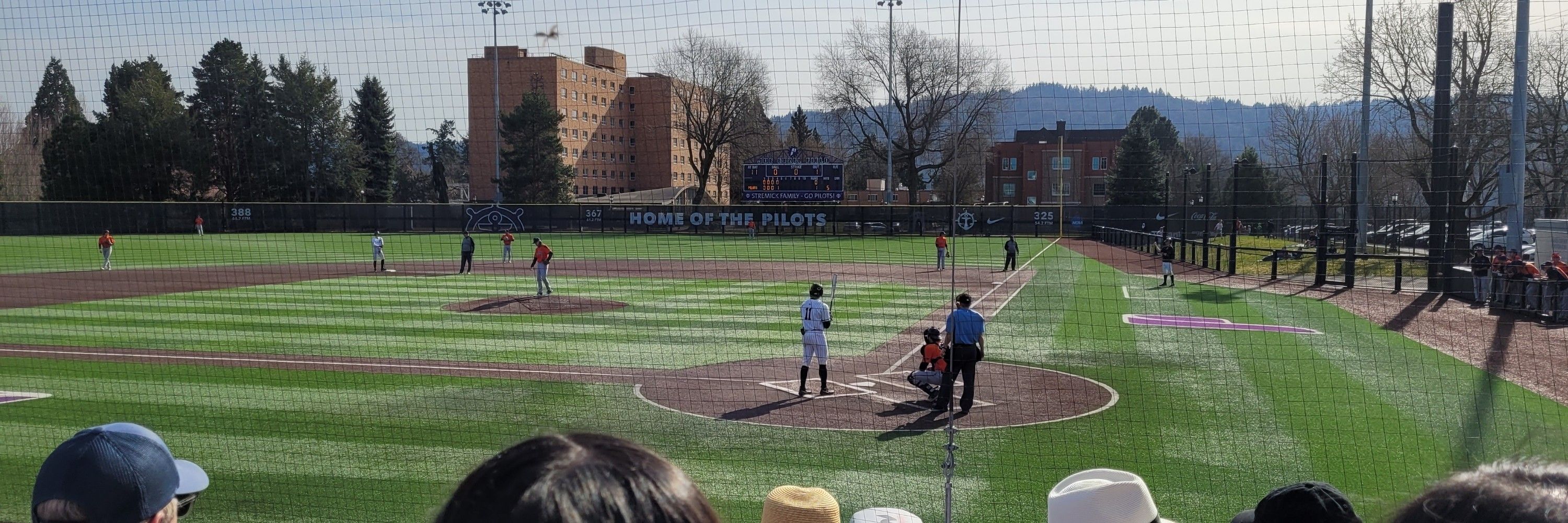Andrew Weber
@noplot.bsky.social
1.4K followers
620 following
2K posts
Mostly harmless random stupid stuff (citation: my wife). Confusing relatives, coworkers, spouse, and cat for decades. Probably at the movies as you read this. He/him.
Posts
Media
Videos
Starter Packs
















